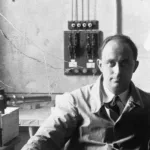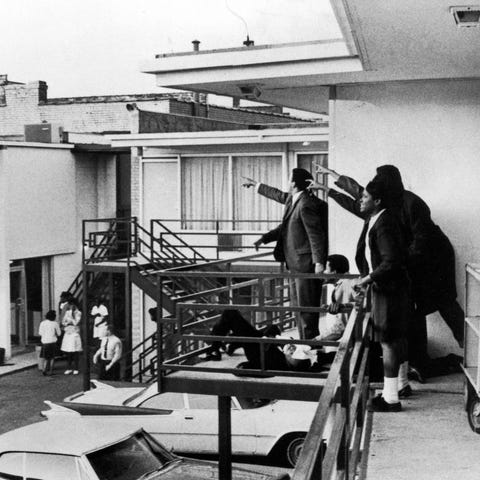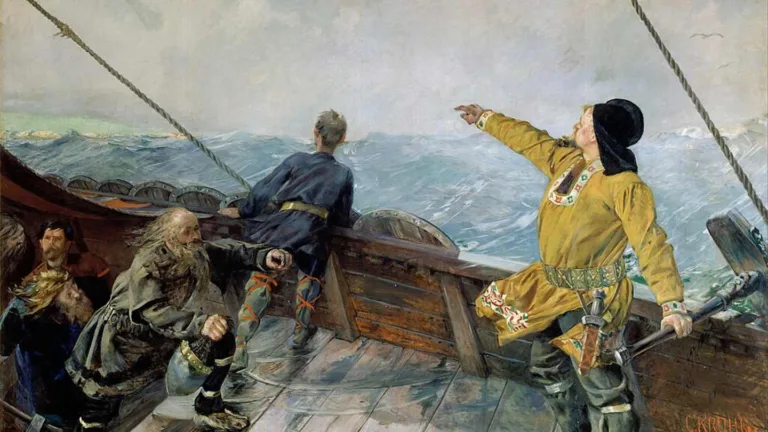Assassinations have captivated our imaginations for centuries. The idea of a single individual wielding such power to alter the course of history is both terrifying and fascinating. From ancient emperors to modern political leaders, countless figures have fallen victim to the calculated schemes of Famous Assassins. These acts of violence often leave behind a legacy of chaos, grief, and unanswered questions.
Understanding the motivations and methods of these infamous individuals can shed light on the complex dynamics of power, revenge, and societal upheaval. By exploring the lives of both assassins and their victims, we gain a deeper appreciation for the fragility of human life and the enduring impact of historical events.
This exploration delves into the annals of history to uncover the stories behind some of the most notorious assassinations. We’ll examine the individuals who orchestrated These Acts, Their Motives, and the devastating consequences that followed. Join us as we unravel the intricate web of intrigue and violence that surrounds the world of assassins.
Notable Assassinations Throughout History
History is rife with examples of assassinations that have shaped the course of nations and left an indelible mark on our collective memory. One of the most infamous cases is the assassination of Julius Caesar in 44 BC by a group of Roman senators who feared his growing power. This act, driven by political ambition and personal vendettas, plunged Rome into a period of civil war and ultimately led to the rise of The Roman Empire.
Another pivotal moment occurred in 1963 when President John F. Kennedy was assassinated in Dallas, Texas. This shocking event, shrouded in mystery and conspiracy theories, continues to fascinate and divide public opinion to this day. The assassination of Martin Luther King Jr. in 1968 further shook the nation, highlighting the deep racial tensions that plagued American society during The Civil Rights Movement. These tragic events serve as stark reminders of the fragility of peace and the devastating consequences of violence.
From ancient empires to modern democracies, famous assassins have left their mark on history through acts of calculated brutality and political intrigue. These stories offer a glimpse into the darkest corners of human nature and the complex motivations that drive individuals to commit such heinous acts.
The Tools and Techniques of Assassins
Throughout history, assassins have employed a diverse range of tools and techniques to carry Out Their Deadly Missions. From simple daggers and swords to more sophisticated firearms and explosives, the arsenal of an assassin has Evolved Alongside Technological Advancements. In ancient times, poisons were often used to eliminate Targets Discreetly, Leaving Little Trace Behind. The development of gunpowder revolutionized assassination methods, allowing for greater range and lethality.
Modern assassins may utilize advanced weaponry, Surveillance Technology, and even cyberwarfare tactics to achieve Their Goals. But regardless of the tools employed, the core principles of stealth, precision, and planning remain constant. An assassin’s success hinges on meticulous preparation, Understanding Their Target’s routines, and exploiting vulnerabilities in security measures.
The evolution of assassination techniques reflects not only advancements in technology but also the changing nature of warfare and political power struggles. Famous assassins throughout history have demonstrated a remarkable ability to adapt and innovate, constantly seeking new ways to achieve their objectives with deadly efficiency.
 Influential Italian Americans: Shaping American History
Influential Italian Americans: Shaping American HistoryPsychological Profiles of Famous Killers
While every assassin is an individual with their own unique motivations and circumstances, certain psychological traits often emerge in profiles of these notorious figures. Some Famous Killers exhibit a profound sense of narcissism and grandiosity, believing themselves to be above the law and driven by a need for power and control. Others may display symptoms of antisocial Personality Disorder, characterized by a lack of empathy, remorse, and disregard for social norms.
A fascination with death and violence can also be a common thread Among Assassins. Some individuals may derive pleasure from inflicting pain or causing chaos, while others might view killing as a means to an end, a necessary tool for achieving their goals. Understanding these psychological underpinnings can shed light on the complex motivations behind seemingly senseless acts of violence.
It’s important to remember that these are generalizations, and not every assassin will fit Neatly Into These Categories. The study of criminal psychology is Constantly Evolving, and researchers continue to explore the intricate factors that contribute to violent behavior.
Impact on Society and Politics
Assassinations have a profound and lasting impact on society and politics, Often Triggering Widespread Fear, instability, and social upheaval. The loss of a prominent leader can create a power vacuum, Leading To Internal Conflict, Political Turmoil, or even the collapse of entire governments. Public trust in institutions can be eroded, as citizens question the safety and security of their leaders and the Systems Designed To Protect Them.
These events can also have a ripple effect on international relations, straining diplomatic ties and escalating tensions Between Nations. The assassination of Archduke Franz Ferdinand in 1914, for example, served as the catalyst for World War I, demonstrating the devastating consequences that can arise from acts of violence targeting Political Figures.
In the aftermath of an assassination, societies often grapple with complex questions About Justice, accountability, and the prevention of future attacks. The quest to uncover the truth Behind These Events, Identify Those Responsible, and bring them to justice becomes a central focus for governments and Law Enforcement Agencies Worldwide. Famous assassins, and the motivations behind their actions, continue to be studied and debated, serving as cautionary tales about the fragility of peace and the enduring impact of violence on human history.
Legacy of Violence and Remembrance
The legacy of assassination extends far beyond the immediate victims and perpetrators. These tragic events often leave a lasting scar on societies, shaping their collective memory and influencing Future Generations. Memorials, museums, and historical sites dedicated to assassinated figures serve as poignant reminders of the human cost of violence and the importance of preserving peace.
Public discourse surrounding assassinations can also contribute to a deeper understanding of history, Political Systems, and the complex motivations that drive Individuals To Commit Such Acts. By examining these events through a Critical Lens, we can learn from past mistakes, Promote Dialogue About Social Issues, and strive to create a more just and equitable world.
Ultimately, the legacy of violence serves as a powerful call for empathy, understanding, and a commitment to non-Violent Conflict Resolution. Remembering the victims, Honoring Their Lives, and working towards a future free from such tragedies is essential to creating a more peaceful and compassionate society.










